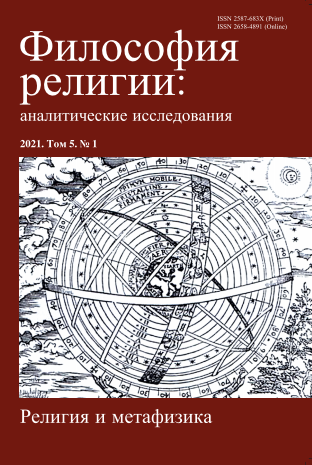Metaphysical Principles at the Basis of Analogical Predication of God and Creatures
DOI:
https://doi.org/10.21146/2587-683X-2021-5-1-5-17Keywords:
Thomas Aquinas, theory of predication, analogy, exemplar causation, participationAbstract
The aim of the paper is to reconstruct the key metaphysical presuppositions on which Thomas Aquinas grounds his analogical predication of God and creatures. By doing so one can get a better grip on what analogical predication means in Aquinas and how a term predicated of God differs in meaning from that ascribed to creatures, e.g. the term “wise”. First, there are two kinds of predication of a property based on the mode of ontological realization of the property in God and creatures (essential predication and predication based on participation). These differences in modes of realization translate into the semantics of predication (the meaning of the copula and the subject and predicate terms). The properties in God and in creatures respectively are related by the relationship of exemplar causation. The property in God is not directly apprehended by the intellect but is partially understood based on the property in creatures. The latter, being apprehended by a human mind, must be qualified by negation and making eminent.Downloads
Published
2021-05-23
Issue
Section
CONCEPTS AND CATEGORIES
How to Cite
Metaphysical Principles at the Basis of Analogical Predication of God and Creatures. (2021). Philosophy of Religion: Analytic Researches, 5(1), 5-17. https://doi.org/10.21146/2587-683X-2021-5-1-5-17

 This work is licensed under a
This work is licensed under a 
